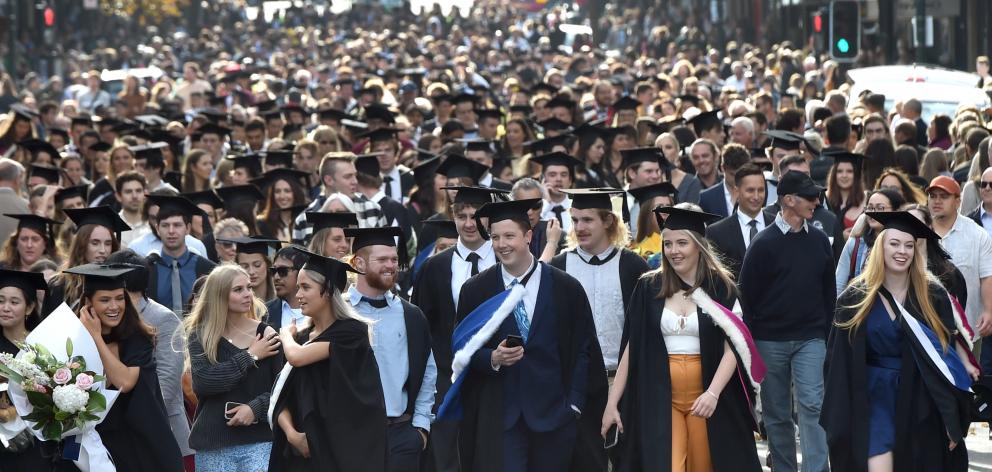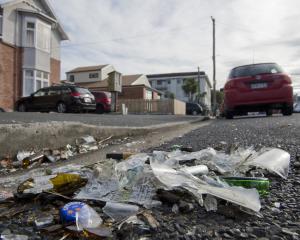
Prof Philip Hill, who chairs the university’s pandemic planning committee, told graduates attending the first of two Saturday graduation ceremonies, that Covid-19 disasters across the world had highlighted dangerous shortcomings in thinking and leadership.
Social media would show "you graduated today, looking smart, beautiful and happy".
"These things are all fine but I want to encourage you to commit to being a person who stops and thinks," he added.
Integrated thinking, or "thinking that bridges different disciplines", was crucial to solving many of the world’s problems.
However, such thinking was "actually more rare than it has ever been", partly because people had become so specialised they did not know how to talk to each other, he said.

"We can’t talk to each other about complex problems and we don’t make time to talk to each other.
"This toxic combination has led to a very dangerous situation."
Covid-19 had also exposed "how bad things have got with our selection of leaders".
"It has exposed the willingness of some people to peddle their own agenda and misrepresent the truth, even at the potential cost of thousands if not millions of lives.
"And Covid-19 has exposed, in at least some countries, a lack of concern for the most vulnerable in the population, and we in New Zealand have demonstrated a lack of concern for those in other countries who are worse off than ourselves."
Prof Hill, who is co-director of the university’s Centre for International Health, also said that the world needed people "who can fix things that other people say can’t be fixed".
Another leading Otago researcher, Scottish-born evolutionary virologist Dr Jemma Geoghegan, told more than 200 graduates in science attending a second graduation ceremony at 4pm they could "lead us into a new post-pandemic age".
Dr Geoghegan has become the public face of genomic sequencing during New Zealand’s response to Covid-19 pandemic.

And everyone in New Zealand knew the term "genomic sequencing".
She urged graduates to "try to find the silver linings" that had emerged through "this extraordinary year of history".
Among those most of all had been "an incredible transformation in the enthusiasm for science".
Just 16 months into the worst global pandemic for 100 years, science had enabled more than a million genomes to be sequenced and shared to track the virus as it changed.
Science had also informed the development of vaccines and treatments and had aided mathematical models to understand the virus’ trajectory, and that shaped New Zealand’s elimination strategy, she said.












